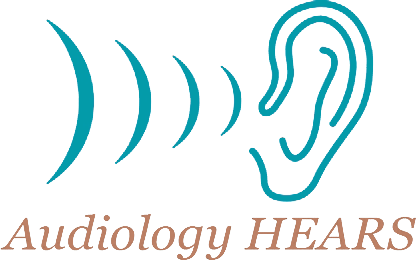Finding the right hearing aids can feel like a transformative step for improving communication and well-being. A successful hearing aid evaluation goes beyond just testing hearing levels; it’s a chance to align technology with lifestyle, comfort, and budgetary priorities. Clear communication with the hearing health professional ensures that the selected device fits seamlessly into daily life while meeting specific needs.
Hearing aids are a personal investment in hearing health and quality of life. Speaking openly about preferences and challenges during the evaluation process can make all the difference in achieving the best results. Here are some helpful tips for making the most of this critical appointment.
Prioritizing Daily Listening Challenges
Everyday situations present unique listening challenges. For some, it might be understanding speech in crowded spaces, while others may struggle with the television volume being too low for comfort. These details matter. Preparing a list of listening difficulties experienced at work, home, or social settings gives the hearing health professional a clearer picture of what is needed.
Describing specific examples helps the hearing health professional match technology features, such as directional microphones or noise reduction, to the individual’s lifestyle. These small technological adjustments can lead to significant improvements in hearing and quality of life.
Expressing Concerns About Budget and Insurance
Cost is often an important topic during a hearing aid evaluation. Modern devices come with various features, and prices can vary widely. Hearing health professionals can recommend options that balance desired functionality with financial considerations.
Some insurance plans or hearing health assistance programs may cover part of the cost, so exploring available resources is beneficial. Being upfront about a realistic budget helps streamline the process and ensures time is spent evaluating suitable devices without unnecessary stress.
Asking Questions About the Recommended Devices
During the evaluation, recommendations may include hearing aids with advanced features or specific brands. This is the time to ask questions about their benefits, limitations, and costs. Learning about battery life, maintenance requirements, and warranty options equips individuals with the information to make an informed choice.
Understanding how each recommended device addresses the challenges discussed earlier helps ensure the final decision practical and effective in improving hearing clarity.
Enquire About Technology Features
Hearing aids today are equipped with an array of technological advancements. Features like Bluetooth connectivity, rechargeable batteries, and adaptive sound programs can significantly enhance usability. Hearing health professionals can explain how these technologies work and which aligns best with specific hearing challenges and lifestyle goals. Contact us today!
